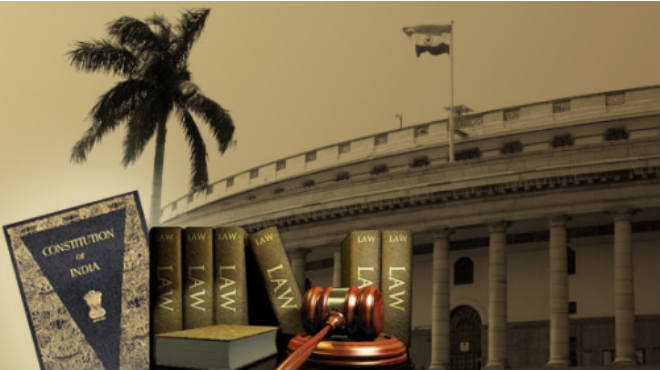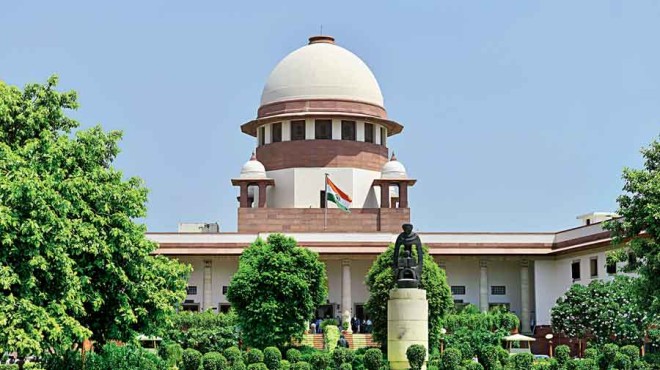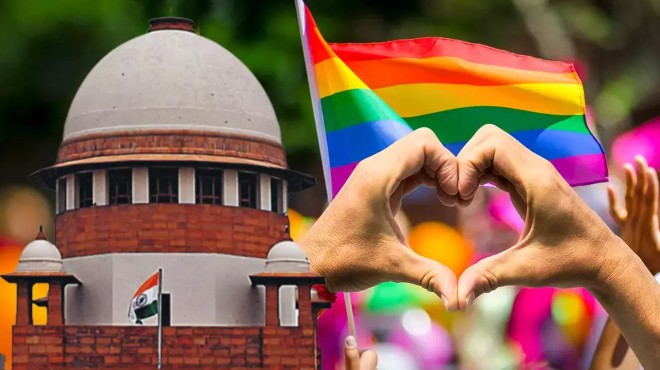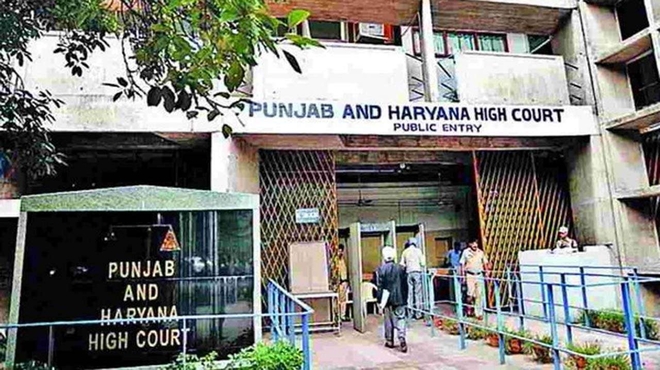The abrogation of Article 370 that gave special status to the state of Jammu and Kashmir has also invited some attention to Article 371 of the Constitution. The attention was drawn after congress apprehended that the government may also unilaterally move to abrogate or modify Article 371. However, Home Minister Amit Shah has made it clear in Lok Sabha on Tuesday (6th August 2019) that the government had no intention of removing Article 371.
Under Part XXI of the Constitution, titled as & lsquo Temporary, Transitional and Special Provisions,' Article 369 to 392 are included (out of which some articles have been removed through amendments). Out of these, Articles 371, 371A, 371B, 371C, 371D, 371E, 371F, 371G, 371H, and 371J have accorded special status to 11 states which mostly include states from the northeastern region of India. This special status aims at preserving the tribal culture in these states. Here's a look at what these provisions talk about:
Article 371- Article 371 of the constitution provides for powers to the President of India to delegate “ special responsibility” to the governor to establish separate boards for development for Vidarbha and Marathwada regions of Maharashtra along with rest of the state and for Saurashtra, Kutch and rest of Gujarat. In addition to this, to ensure “ equitable allocation of funds for development expenditure over the said areas,” and “ equitable arrangement providing adequate facilities for technical education and vocational training, and adequate opportunities for employment” under the state government.
Article 371A- This Article was inserted through the 13th Amendment Act of 1962 after an agreement was entered into between the Naga People's Convention and the central government in 1960 leading to the formation of Nagaland in the year 1963. According to the provision, in matters related to Naga customary law and procedure, Naga religion and social practices, administration of justice in criminal and civil matters according to Naga customary law, and transfer and ownership of land, the parliament cannot legislate without reaching an agreement with the state assembly.
Article 371B- Article 371B provides for special provisions for the state of Assam. The main aim of inserting this Article was to facilitate the formation of the sub-state Meghalaya. It states that the President may provide for the establishment of a committee of the Assembly of elected members from the state's tribal areas and dictate its functions.
Article 371C- This Article deals with the special provisions related to the State of Manipur. It states that the President may provide for the formation of a committee of elected members from the Hill areas in the Assembly and may delegate “ special responsibility” upon the Governor to ensure the proper functioning of the same.
Article 371D- Under this Article, special provisions for the state of Andhra Pradesh and Telangana have been provided. It states that the President must make sure equitable opportunities in public employment and education to people from different parts of the states and may require the state governments to arrange “ any class or classes of posts in a civil service of, or any class or classes of civil posts under, the state into different local cadres for different parts of the state.”
Article 371E- Article 371E is not a special provision per se in the sense of the other provisions of this part. This Article allows the formation of a university in Andhra Pradesh by a law passed by the Parliament in this regard.
Article 371F- This Article provides for the election of a representative of Sikkim in the house of people by the members of the Legislative Assembly. It also states that the Parliament may provide for the number of seats in the Assembly to protect the rights and interests of various sections of the Sikkim population, which may be filled only by the candidates from these respective sections.
Article 371G- Article 371G binds any act of the President with respect to “ religious or social practices of the Mizos, Mizo customary law, and procedure, administration of civil and criminal justice involving decisions according to Mizo customary law, ownership and transfer of land,” unless such is decided by the Legislative Assembly of the state of Mizoram.
Article 371H- This Article provides “ special responsibility” to the Governor in Arunachal Pradesh in relation to the law and order and states that he may exercise his individual judgment with regard to any action to be taken after consulting with the Council of Ministers.
Article 371J- This provision talks about the establishment of a separate board of development for the Hyderabad-Karnataka region and to ensure “ equitable allocation of funds for developmental expenditure over the said region,” and equitable opportunities in government jobs and education for the people of this region. It also provides for reservation of a proportion of seats in educational institutions and state government jobs for individuals of Hyderabad-Karnataka region.
Related post: Govt revokes article 370 of the Constitution: Here's all you need to know!

.jpg)



 185+ Lawyers are online
185+ Lawyers are online 


.jpg)


